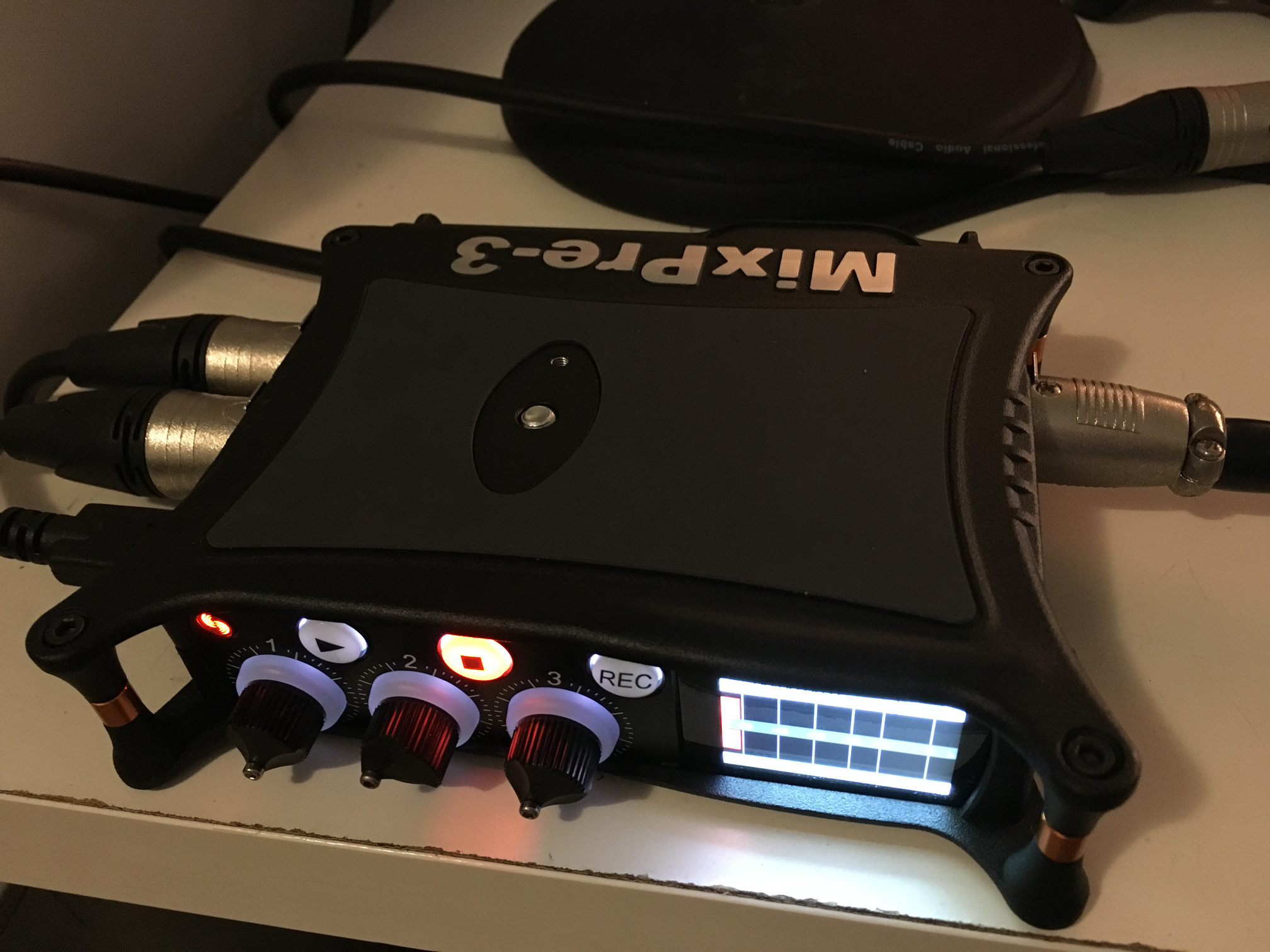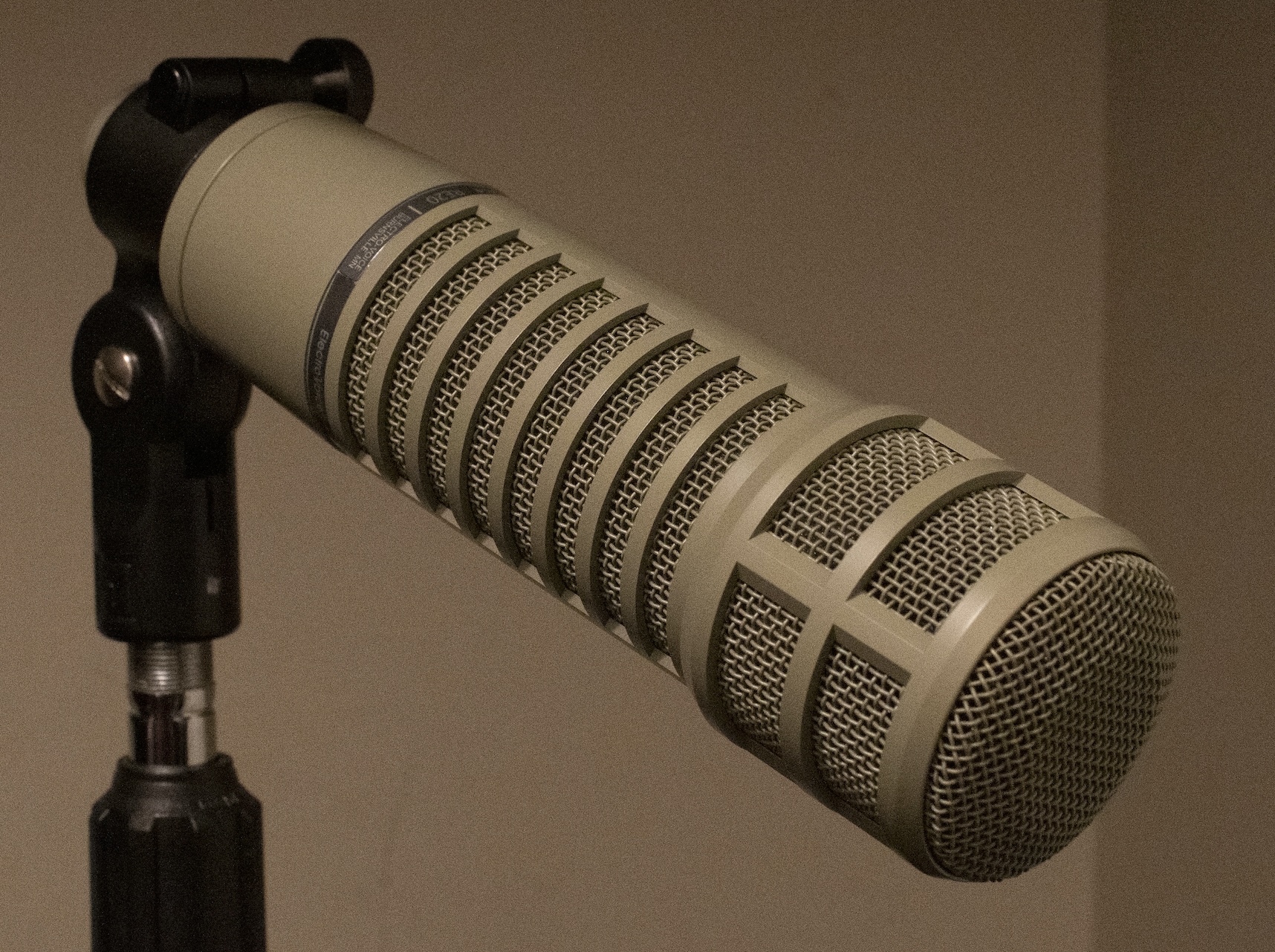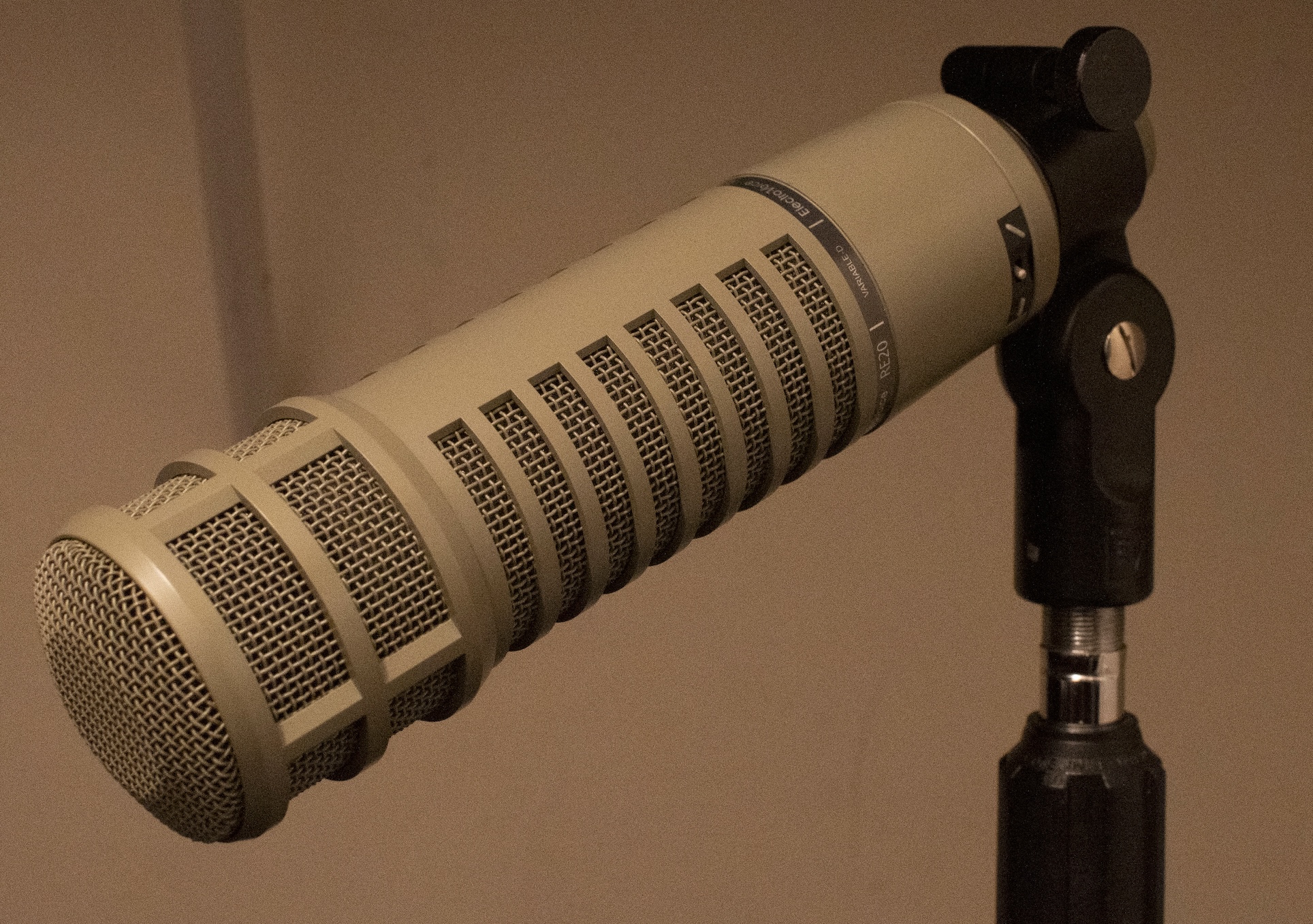The Engineered Network: Recording Setup Mk5
26 July, 2021Back in April, 2018 I provided an update and history of my recording setup. The update then, was the addition of the SoundDevices Mix Pre3 USB Interface and the Shure BETA 87A. The MixPre3 remains my favourite Mixer/USB Interface and I love every part of it - still in use every time I record.

Initially I was thrilled by the Shure BETA 87A, however over 12 months of use I found that the Shure picked up way too much additional background noise, and struggled with both my plosives and my sibilants. The audio itself was cleaner in the gaps between spoken words but this wasn’t enough to save it.
Hence in early 2020 I took the Heil PR40 out of the drawer and switched back to it. The PR40 was used for my audiobook and all podcasts ever since, relegating the Shure to the drawer instead. The downside of the Heil was the telltale dynamic microphone hiss, that no matter how clean the pre-amp, you just can’t stop. The good news was that the amazing BrusFri noise reduction tool on iOS can strip that out without significantly impacting the overall audio quality, so that was a tradeoff I was willing to make.
What I’ve learned over the years that I didn’t originally appreciate (I’m an electrical engineer, not an audio technician) is that the microphone has to match the vocalist and the environment. I was initially guided by Marco Arments excellent mega review but branched out to many, many reviews by professional audio technicians around the world and decided it was time to try a new microphone.
Once again, after saving up from many months of Patron support, I’ve decided to invest in the legendary Electro-Voice RE20 dynamic microphone. It’s a classic microphone first released in 1968 and its design has remained unchanged over that time. It’s considered to have a very good clarity overall, and of all the microphones I’ve looked at, it has the most genuine sound replication of the actual voice, with a really flat response.
MICROPHONE COMPARISON:
Whilst the PR40 accentuates the mid-range frequencies in my voice the EV RE20 is more honest across my audible spectrum. Beyond this my speech is very sibilant which has always been problematic. The Heil PR40 when placed off-axis really helped but they were still an issue. So far at least, the EV RE20 is much better at handling that both on and off-axis. In the test audio it’s really evident that the loudness of my speech was highly variable, which was intentional as I moved around the microphones. It’s barely noticeable on the RE20, but both the PR-40 and the 87A suffered terribly. Certainly, a good mic technique will level the field a bit; meaning you speak off-axis, hold your sibilances and plosives where you can and keep a steady distance between your mouth and the microphone.


The interesting thing for me in this whole journey has been the sheer variety of differing opinions about each microphone. The problem lays in two things: the place the microphone is used (soundproofing, treatment, external noise); and the vocalists voice-spectrum. Everyone’s voice is different and some microphones have more or less gain at certain frequency ranges which distorts the voice compared to what someone would hear when speaking to them face to face.
With a voice that’s naturally bassy, I don’t need or want a microphone that further accentuates that or creates a boomy-mid-range sound like the Heil PR40. The other disadvantage of that is that bad response also increases the microphones susceptibility to plosives, which you can treat with a pop-filter and windscreen, but these also affect the sound of your voice. For those that have needed to wear a mask during the recent pandemic will understand how different their voice sounds when you speak through a mask. Some filters and screens are better than others, but it’s better to have one built into the microphone if you’re going to have one, since it’s matched to the microphone by design and can be compensated/accounted for by the designer to result in an overall-balanced recorded sound.
As I’ve come to believe, the best camera lens you’ve ever owned is the one you just bought; the best computer much the same, and now that maxim works for microphones too. Perhaps the honeymoon period is a better way to describe it, but however you slice it, so far the RE20 has been a joy to use and edit in post, and one I expect to be using for a very long time.